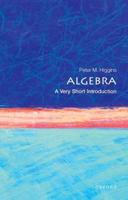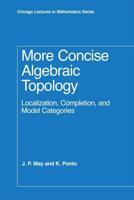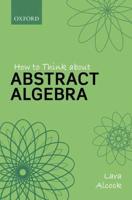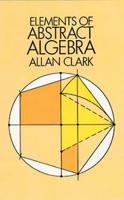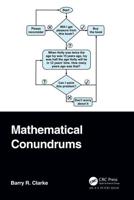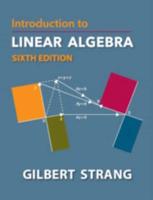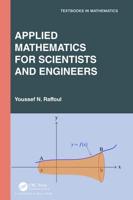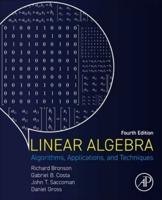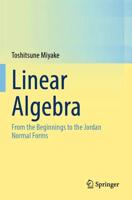Publisher's Synopsis
For thousands of years, algebra consisted solely of expanding the list of problem-solving algorithms—a list of procedures similar in concept to the quadratic formula. But much of contemporary algebra focuses on identifying and describing the logical structures upon which mathematics is built. It is now clear that identifying and exploiting these structures is just as important for mathematical and scientific progress as the development of new algorithms.
Algebra, Revised Edition describes the history of both strands of algebraic thought. This updated resource describes some of the earliest progress in algebra as well as some of the mathematicians in Mesopotamia, Egypt, China, and Greece who contributed to this early period. It goes on to explore the many breakthroughs in algebraic techniques as well as how letters were used to represent numbers. New material has been added to the chapter on ""modern"" algebra, a type of mathematical research that continues to occupy the attention of many mathematicians today.<\p>

